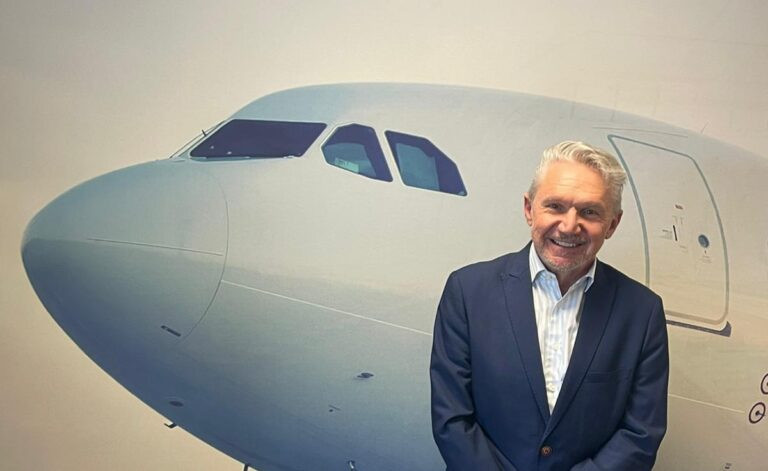- Today’s GSSAs act as full airline partners, managing sales, customer service, regulatory compliance, and specialist services while balancing scale with credibility and integrity.
- Giuseppe Tarantini emphasises that long-term relationships, transparency, and quality service matter more than cost-cutting or rapid expansion in a competitive, margin-pressured market.
- Training, retention, and fostering the next generation are key to sustaining talent, while resilience comes from leveraging airfreight’s global connectivity despite geopolitical and market challenges.
Traditionally seen as an outsourced sales arm for airlines, today’s GSSAs are expected to deliver far more than simply filling cargo space. They are, in effect, extensions of the carriers themselves — managing relationships, navigating complex regulatory landscapes and ensuring that the intricate supply chain of ground handlers, trucking firms, customs authorities and IT providers works in sync.
For Giuseppe Tarantini, CEO of AIA Cargo, the essence of a successful GSSA lies not in scale but in credibility. “I strongly believe that delivering trustworthiness is the result of integrity and competence,” he explained. “You really need both. Competence alone is not the only ingredient to be successful. It has to be accompanied by integrity in order to be a trustworthy partner with the necessary dedication and focus.”
He noted that consolidation has swept through the sector, mirroring trends among freight forwarders and passenger airlines. Yet bigger is not always better. “Size matters in many ways, because you can find synergies that maybe otherwise you won’t have. But at the same time, delivering quality requires dedication. It is about finding the right balance without diluting credibility,” he said.
This balance is vital in a business where airlines increasingly expect GSSAs to be more than sales representatives. They are now tasked with acting as “the extended arm in the market of the carrier,” as Tarantini put it. That means handling not just sales but also customer service, problem-solving and, in some cases, specialist services such as animal transport.
“Transparency is the key,” he stressed. “Knowing what you can actually deliver, and being clear about that, is how you overcome the challenges of scale. Otherwise, you risk losing the dedication that is fundamental to our role.”
Rising to the occasion
Competition between GSSAs is fierce, and margins remain under constant pressure. Tarantini is critical of the industry’s recent tendency to focus narrowly on cutting costs. “Driving down costs as a way to improve margins has become more and more important, but it cannot be the only thing,” he said. “That is the difference between racing to the bottom or racing to the top.”
Frequent changes in suppliers, driven by cost considerations alone, can undermine long-term relationships, he warned. “You start diluting relationships. Shortcuts can be very short-lived as well. Once you’ve built relationships, you need to sustain them over a longer period of time, with the ability to adapt to new challenges.”
Airfreight remains “very much a people’s industry.” Yet consolidation risks turning that ethos into little more than a slogan. “This used to be a very attractive industry for newcomers. Now, retention is harder, and the ability to bring in new talent has diminished.”
People, training and the next generation
How do you persuade young people to join an industry that can appear transactional and pressurised? For Tarantini, the answer is in training and development. “It’s about credibly conveying the feeling that this is not just a transactional business. Solid training, taking it step by step, is fundamental. Do not just burn people out from the beginning.”
Retention, too, is critical. “You would build up a good team, and then as soon as they got a bit of exposure, they would leave. Sometimes you need to share your successes, adjust salaries, and reward people properly.”
Resilience in uncertain times
The airfreight market is buffeted by geopolitical tension, fuel volatility, shifting trade flows. Tarantini argues that resilience comes from remembering the industry’s value. “Airfreight brings demonstrable benefits. It connects the globe… Yet political backlash against globalisation has created headwinds.”
“AIA Cargo provides comprehensive coverage across major hubs… with plans to further expand our reach.”
“You are so connected to far-away markets, mentalities and cultures. Bringing them together creates opportunities you cannot achieve in isolation. That is what has always motivated me in this industry.”




